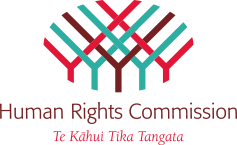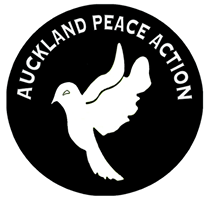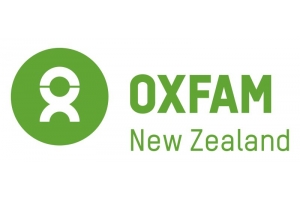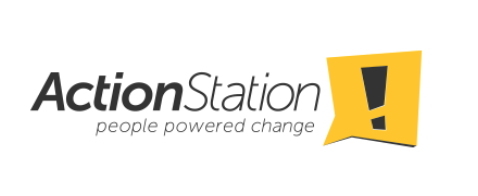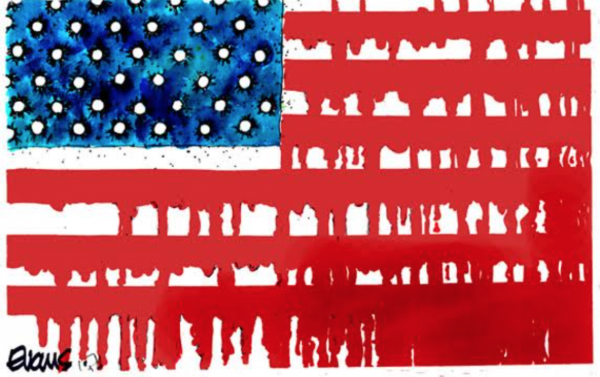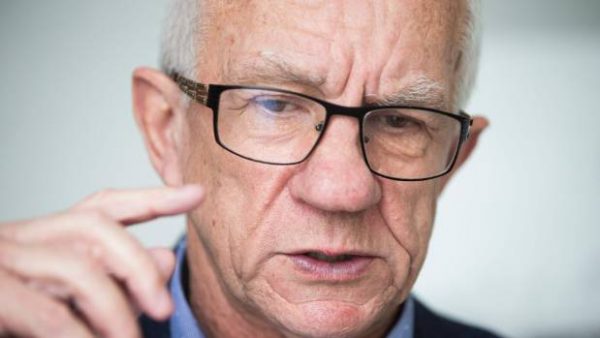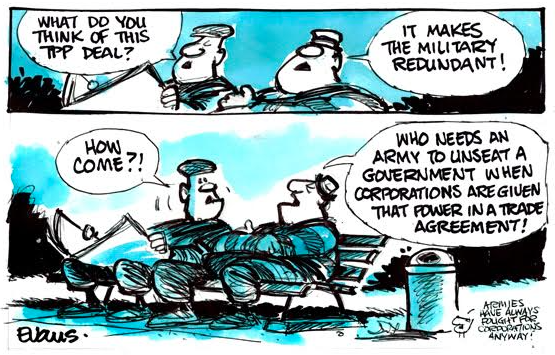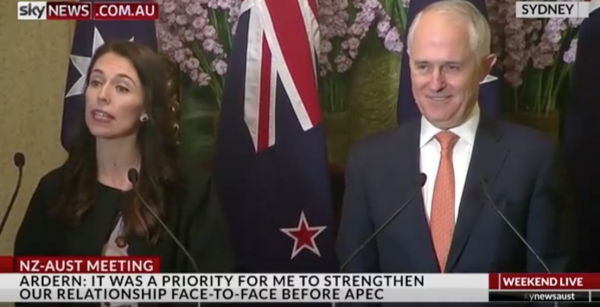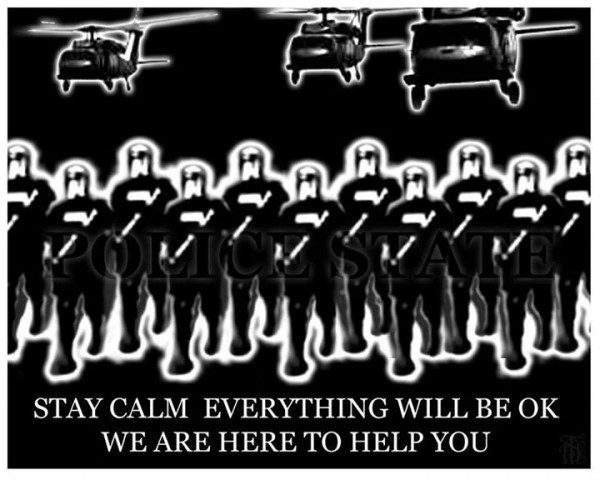
A mainstream news story last week highlighted the abject failure of this country’s mental health services to be available when they are desperately needed.
A young Greymouth man attempted suicide while in the midst of a possible cannabis-induced psychotic episode; but rather than a mental health crisis team arriving, Caleb – fighting for his life at that point – is attended by Police, who help resuscitate him and then find two cannabis plants in his back yard.
The cops do take Caleb to the acute psychiatric ward at Greymouth Hospital, but not before they charge him with three charges relating to the cannabis plants. He gets out after 5 days, but gets no ongoing support from the DHB’s mental health services for another nine months, despite a treatment plan calling for community mental health support for Caleb from the time he leaves Hospital.
He does however, end up with three convictions, three months’ community detention and nine months’ probation. While he’s off the cannabis, he’s yet – after 10 months – to hear what has happened with the court-ordered drug and alcohol counselling that he was supposed to attend after his sentencing.
In 2015 Vaughan Te Moananui, was shot and killed by Police in front of his family home in Thames. Vaughan was a community mental health patient of Waikato DHB at the time, and clearly going through a psychotic episode. The mental health crisis team took some hours to travel up to Thames from Hamilton, and the police had the responsibility of dealing with the immediate situation.
A former Police ‘crisis negotiator’ said Police often look for a convenient charge to lay against someone in Caleb’s situation, so they can get them into the cells where they can be restrained and assessed once mental health services become available.
Police are called out to ‘mental health’ situations around 60,000 times a year – about once every 5 minutes somewhere around the country – but to date are not trained to recognise or deal with mental illness. Nearly 20,000 of these are ‘suicide callouts’.
Every cop who has discussed this issue in the last several years has pointed to the health authorities’ failure to provide mental health crisis services to any realistic extent.
Shortly after the terrible Bremner murder/suicide deaths in late 2015 in Otorohanga and Kawhia, I attended a ‘community health forum’ in Otorohanga. A community health worker described a recent case where she had been asked to help a potential suicide victim late on a Fridayafternoon. After calling the Hamilton-based mental health services number, she was advised to ‘keep an eye on the person in trouble over the weekend and call again on Monday if he wasn’t any better’!!!
Waikato region, with a population of around 400,000 and driving times of up to 3 hours from Hamilton, has two mental health crisis teams. Sadly, it won’t be different from other regions.
The previous Government, continuing their pathetically inadequate response to the need, finally approved to start next year three (yes three) ‘pilot’ mental health crisis units for the whole country, comprising a paramedic, a cop and a mental health worker.
The new Government has identified a large range of urgent measures needed in the mental health space – we are unsure if this initiative will be urgently expanded, or even kept, but it is as sure as hell needed!
David Macpherson is TDB’s mental health blogger. He became involved in mental health rights after the mental health system allowed his son to die. He is now a Waikato DHB Member.
